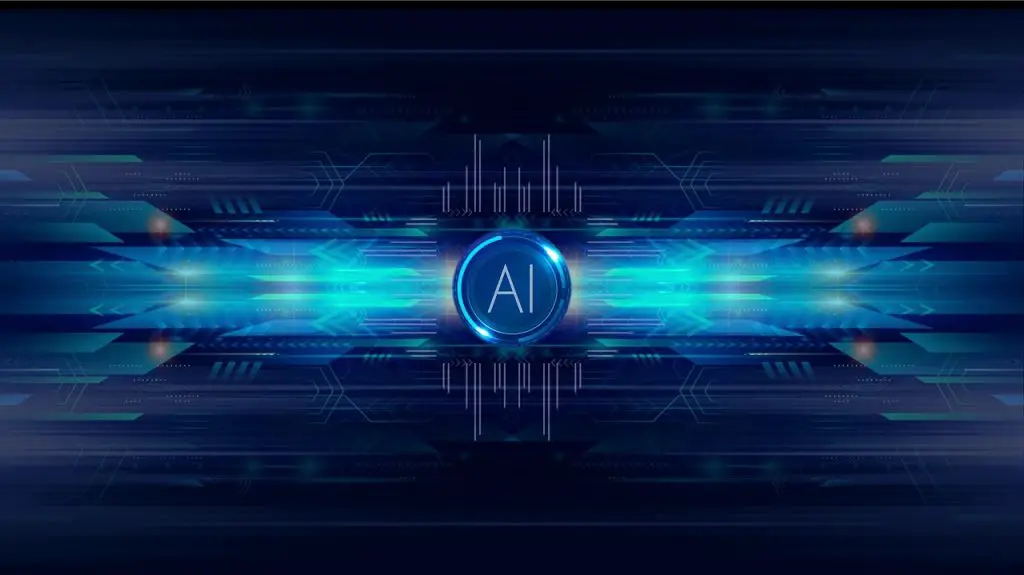
In Silicon Valley, unidentified individuals hacked several pedestrian crossings, replacing standard voice prompts with parodic imitations of Elon Musk and Mark Zuckerberg. Local media outlets, including Palo Alto Online, reported that the tampered messages were detected in Redwood City, Menlo Park, and Palo Alto. Instead of traditional traffic warnings, pedestrians were greeted with sarcastic remarks echoing the personas of the tech magnates.
A representative of Palo Alto authorities confirmed that the incident affected 12 crossings in the city center. Preliminary reports indicate the breach occurred on a Friday. Redwood City and Menlo Park officials also acknowledged the incidents but declined to specify how many installations were compromised.
Voice functions at all impacted crossings were temporarily disabled. While traffic signal systems remained operational and public safety was not compromised, the deactivation could pose challenges for visually impaired individuals, for whom the audible prompts were originally implemented.
The altered voiceovers sparked a flurry of reactions on social media. One message, attributed to a mock Zuckerberg, declared: “It’s okay to feel uneasy as we forcibly integrate AI into every aspect of your consciousness. Relax—you can’t do anything about it anyway.” Other quips referenced the “erosion of democracy” and the encroaching “AI-slime” allegedly foisted upon users by tech companies.
The impersonated Musk commentary was even more provocative. One voice line stated: “Everyone says cancer is bad. But have you tried being cancer? It’s awesome.” Other messages poked fun at the billionaire’s loneliness and his supposed willingness to pay for companionship.
Although some may have found the messages amusing, for pedestrians—particularly those with disabilities—they were not only unhelpful but potentially hazardous.
City officials are currently working to restore normal operations and identify the culprits. Given the technical sophistication of the intrusion and its satirical content, experts suspect it may have been an act of digital activism or a tongue-in-cheek protest against the pervasive spread of artificial intelligence.


